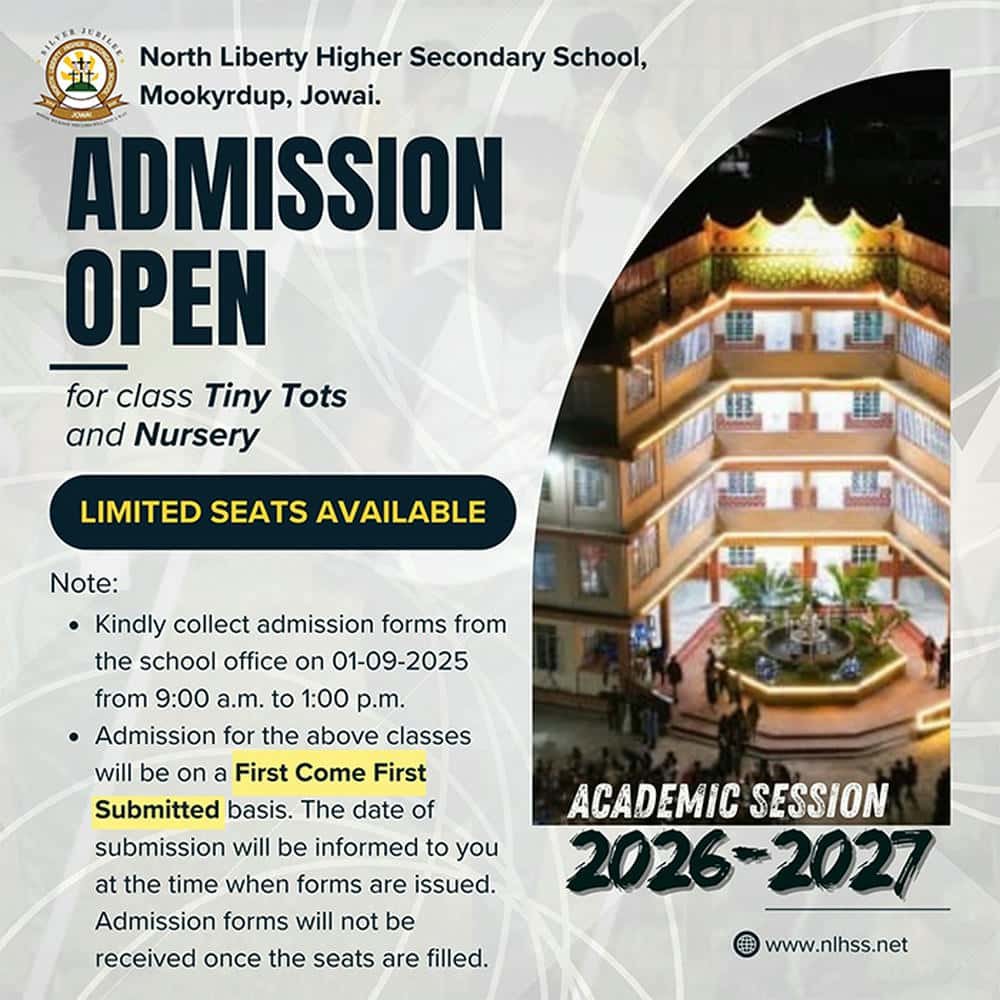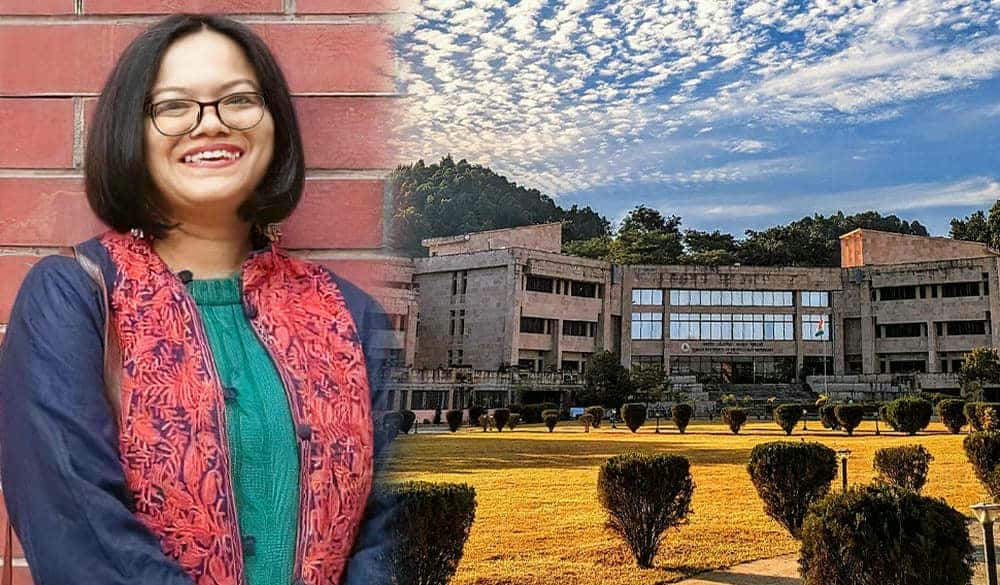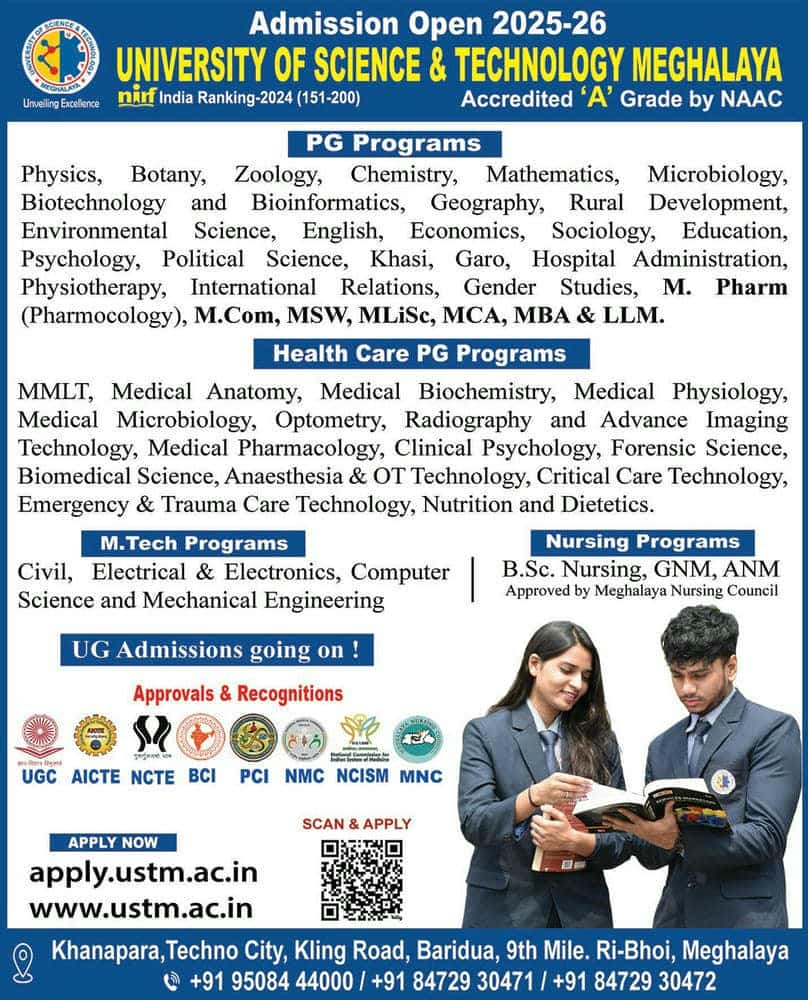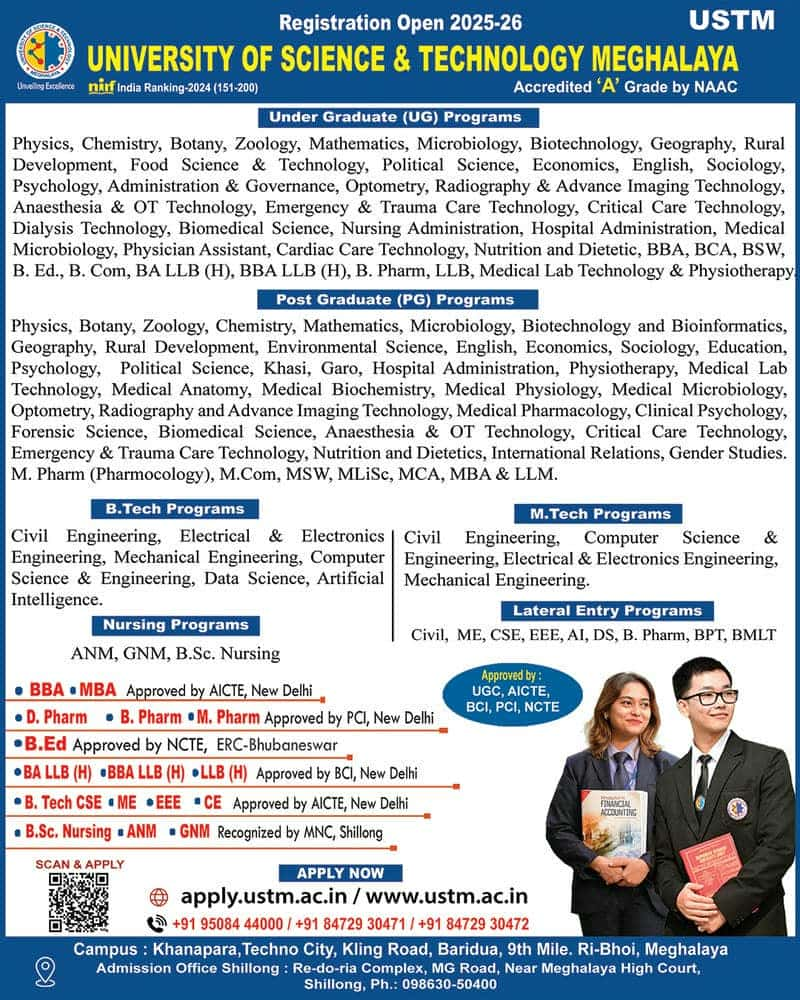IIT Guwahati study reveals how food apps and social media are reshaping urban food culture

A new study by the Indian Institute of Technology Guwahati (IIT-G) highlights the growing influence of digital technology—particularly food delivery apps and social media—on food habits and culture in urban India. Conducted by Dr Rituparna Patgiri, Assistant Professor in the Department of Humanities and Social Sciences, the research focuses on how platforms like Zomato, Swiggy, Instagram, and online review portals are changing everyday culinary practices, especially among New Delhi’s middle-class youth.
The findings, published in the Sociological Bulletin (SAGE Publications), show that food-related digital practices have become a routine part of urban life. Dr Patgiri argues that food, traditionally viewed as moving through five stages—production, distribution, preparation, consumption, and disposal—must now be seen as passing through a sixth stage: digitalisation.
The study points out that digital platforms have become gatekeepers of food content, playing a decisive role in what is made visible, popular, or desirable. This shift has led to food economies becoming increasingly dependent on online platforms, with content aggregation, reviews, and visual appeal driving consumer interest.
One of the study’s key observations is that this digital transformation carries a strong class and caste dimension. The online food discourse in India, it notes, is heavily skewed towards the upper and middle classes. Practices like food blogging, aesthetic food presentation, and online reviewing remain largely confined to these groups, while lower socio-economic communities and small food businesses struggle to gain visibility or access the same opportunities.
Dr Patgiri’s research also addresses how these digital trends affect labour. With the rise of delivery apps, gig workers form a crucial but often overlooked part of the food system. The research calls attention to the socio-economic implications of platform-driven food consumption and urges the formulation of inclusive digital policies. These, it argues, should support marginalised food producers, regulate platform practices, and encourage the use of digital tools for public health messaging and cultural preservation.
The study stands out for exploring the largely neglected intersection of digital technology and food culture in Indian sociology. While previous research has examined the impact of globalisation on food practices, Dr Patgiri’s work identifies digitalisation as a separate, powerful force reshaping culinary norms.
As a follow-up to this study, Dr Patgiri is currently undertaking multi-sited qualitative research to investigate the relationship between digital technology and healthy eating habits among urban middle-class youth in India. The ongoing research aims to deepen the understanding of how digital culture is influencing health-related choices and behaviours.
The IIT Guwahati study contributes significantly to the broader discourse on food, technology, and society by showing how digital tools are not just reshaping what people eat, but also who gets to participate in and benefit from the emerging food economy.




Leave a Reply